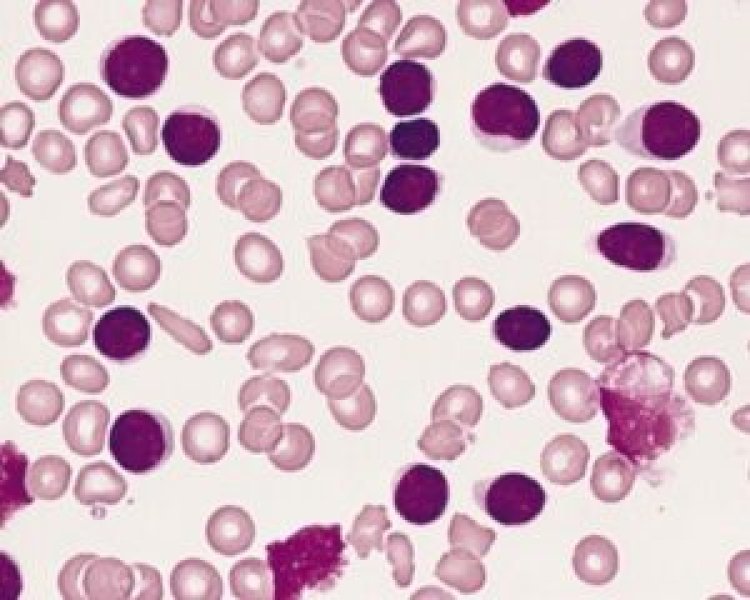Thalassemia Blood Transfusion Cost in India: A Comprehensive Guide
Share this Post to earn Money ( Upto ₹100 per 1000 Views )

Introduction to Thalassemia and Blood Transfusion Needs
Thalassemia is a hereditary blood disorder where the body produces abnormal hemoglobin, leading to the destruction of red blood cells and severe anemia. Patients with Thalassemia Major require lifelong blood transfusions to manage the condition. In India, where thalassemia is relatively common, understanding the cost of regular blood transfusions is crucial for patients and their families. Managing these costs effectively can significantly improve the quality of life for those affected by this chronic condition.
Key Factors Affecting the Cost of Thalassemia Blood Transfusions in India
The cost of blood transfusions for thalassemia in India depends on multiple factors, including:
-
Frequency of Transfusions: Patients with Thalassemia Major generally need blood transfusions every 3 to 4 weeks. This could amount to 12 to 20 transfusions per year, which has a direct impact on the cumulative cost of treatment.
-
Type of Healthcare Facility: Costs can vary significantly between private hospitals, which offer more comprehensive services but charge higher fees, and government or charitable hospitals, where transfusions are often available at subsidized rates or for free.
-
Associated Medications: Blood transfusions lead to iron overload, which requires treatment with iron chelation therapy. Drugs like deferasirox or deferiprone, commonly prescribed for iron chelation, can cost anywhere from ₹5,000 to ₹25,000 per month, further adding to the total treatment cost.
-
Location and Infrastructure: The cost of blood transfusions can vary depending on the region and the quality of medical infrastructure available. In metropolitan cities like Delhi, Mumbai, or Chennai, costs tend to be higher than in smaller towns or rural areas.
What is the Cost of Blood Transfusions for Thalassemia in India?
In India, the average cost of a single blood transfusion ranges from ₹2,000 to ₹5,000 in government hospitals. In private hospitals, the cost can rise to ₹10,000 or more per transfusion, depending on the facility and additional care provided. This means that the annual cost of blood transfusions alone may vary from ₹50,000 to ₹2,00,000, excluding any other related expenses.
Data on Government Assistance and Support Programs
The Indian government has implemented several programs to support thalassemia patients. Under the National Health Mission (NHM), government hospitals provide free or low-cost blood transfusions for children with thalassemia. Additionally, some states offer free blood transfusions and iron chelation therapy as part of public health initiatives. These programs aim to reduce the financial burden on families and improve access to treatment.
Health Insurance for Thalassemia Treatment
While thalassemia management is costly, many insurance companies in India have begun to cover treatment for chronic conditions like thalassemia. Some policies now include coverage for blood transfusions, medications, and related procedures under critical illness or comprehensive health plans. It’s advisable to review insurance policies carefully to understand the coverage options available for thalassemia patients.
Expert Insights: Dr. Rahul Bhargava’s Perspective
Dr. Rahul Bhargava, a leading hematologist in India, emphasizes the importance of early diagnosis and consistent treatment for managing thalassemia. He says, "With advances in medical care and support from government initiatives, the quality of life for thalassemia patients has improved considerably. However, managing the cost remains a challenge for many families. Patients should explore all possible options, including government schemes and insurance plans, to minimize out-of-pocket expenses."
Ways to Reduce Thalassemia Treatment Costs in India
-
Opt for Government or Charitable Hospitals: Public hospitals in India provide blood transfusions at a lower cost or for free under government programs. These hospitals are a good option for families managing thalassemia on a budget.
-
Check Eligibility for Government Schemes: Certain state health schemes cover the cost of blood transfusions and medications for thalassemia patients. Be sure to inquire about these at your local healthcare facility.
-
Purchase Health Insurance: Comprehensive health insurance policies can help cover treatment costs, including regular transfusions, hospital stays, and medications like iron chelators. Discuss with your insurance advisor to ensure your policy includes these benefits.
-
Seek Assistance from NGOs: Many non-profit organizations in India focus on providing financial aid to families affected by thalassemia. These organizations can also offer support with medical expenses and treatment planning.
Conclusion
Managing the cost of thalassemia treatment in India requires careful planning and awareness of available resources. Blood transfusions, along with iron chelation therapy, form the core of thalassemia management, but the associated costs can add up over time. Patients and caregivers must explore all possible avenues to reduce financial stress, including government programs, insurance coverage, and charitable support.
Dr. Rahul Bhargava, with his expertise in hematology, encourages patients to stay informed about the latest developments in thalassemia care. With proper treatment and financial planning, patients can lead a healthier life and minimize the impact of the disease on their day-to-day activities.















![Greenvow CBD Gummies Review [Scam OR Legit] Benefits Exposed? Read Pros, Cons, Working, Update 2025](https://blog.rackons.in/uploads/images/202505/image_380x226_682ebd20deb0b.jpg)